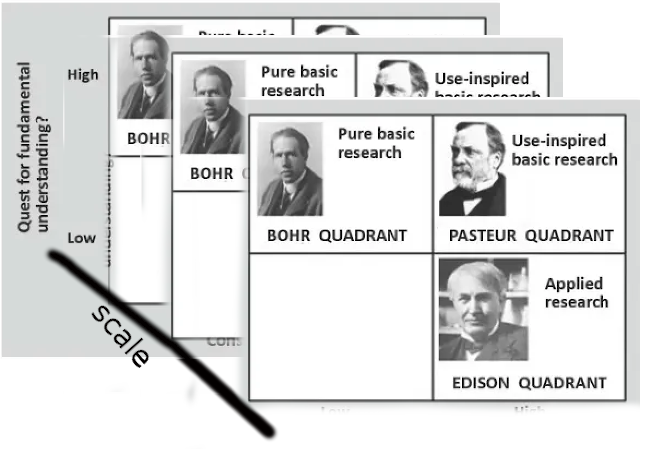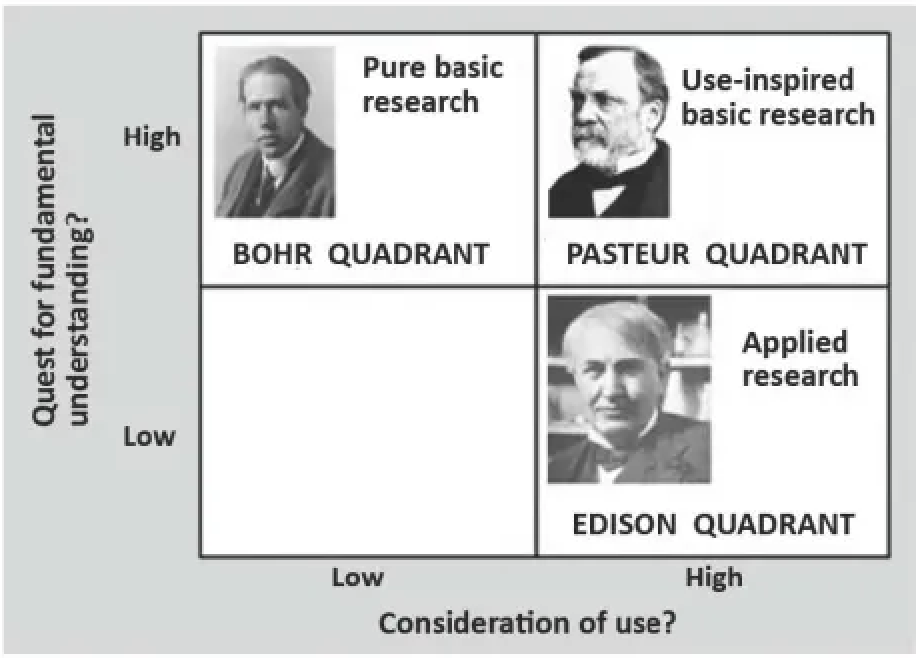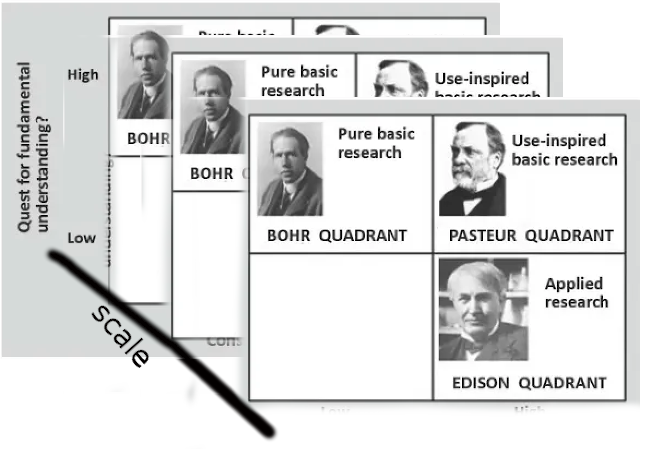Announcing "Pasteur's Cube"

I've been blogging since I was 17 (I'm 30 now[1]) and it has always been a really critical part of my intellectual development. Blogging helped me sort out my personal beliefs and philosophy, bringing me through atheism, and then an interest in philosophy, and then rationalism, and then metaethics, and then applied ethics, and now effective altruism.
Now, I run a non-profit called Rethink Priorities[2] that puts significant effort into recruiting the best researchers to work full-time on figuring out how to make the world a better place. But as a result of running this non-profit, my personal efforts to write and think have fallen by the wayside as I've instead enabled other people to do so instead. But now Rethink Priorities is getting big enough where I don't need to devote to it 100% of my attention and my desire to write things too long to fit into tweets is returning.
I have blog posts in me that just want to come out and for the past year I've been pushing them to the side, but I will do that no longer.
(Also, Effective Ideas is offering to pay the best blogs this year $100,000 and I'd be lying if I said I wasn't motivated by economic incentives like everyone else[3].)
This blog, "Pasteur's Cube", is my intention to tilt back the balance. It's time to blog again[4]!
Why Pasteur's Cube?
"Pasteur's Cube" is a concept that represents what I am trying to do. My idea of Pasteur's Cube comes from the idea of Pasteur's Quadrant, a concept introduced by Donald E. Stokes in a book of the same name:

For this quadrant, you first ask (1) "Are you aiming for fundamental understanding?" and then you ask (2) "Is your research aimed by considerations of use, or how you intend to benefit from the results of the research?".
"(1) No (2) No" is widely viewed as useless, perhaps nonsensical.
"(1) Yes (2) No" is pure basic research, motivated by curiosity and exploraiton, as exemplified by Neils Bohr's work with the atom.
"(1) No (2) Yes" is applied research, motivated by invention and industry, as exemplified by Thomas Edison making the lightbulb.
"(1) Yes (2) Yes" is "use-inspired basic research" as exemplified by Louis Pasteur developing the germ theory of disease and turning that into the first vaccines.
Scale
To this I then add another dimension: scale[5].
You can have small-scale research in any quadrant - I'm thinking in the form of quick research notes and tweets.
You can also have medium-scale research, and this is what I think most science is, writing and publishing research papers in formal journals.
And then you can have large-scale research, the stuff where you have a team of 100+ scientists all working together to solve an important problem.
My sense is that the two ends (small-scale and large-scale) are missing right now and I'd like to supply more of both.
The large-scale side represents some of the ambition of Rethink Priorities and the effective altruism movement.
The small-scale side represents some of the ambition of Twitter, and this blog.

This blog, Pasteur's Cube, is going to aim to give you quicker research notes and other thoughts of mine that are a bit too big to fit in a tweet - though I will definitely give you tweets! - but too small to fit in a research paper. I think this will help me get out thoughts more quickly and under less pressure and help push forward things more incrementally.
On the flip side, that means that these thoughts are more personal and more likely to contain errors due to less time and less vetting by others, so tred appropriately.
well as of the time of this writing ↩︎
Though of course these opinions are purely my own. ↩︎
even if the chance of me winning the prize is quite low. I definitely wouldn't be writing solely to win this prize - I think it accounts for <10% of my motivations but it was an important push. The main motivation remains that I have a lot of things I just want to say. ↩︎
and with lots of pedantic endnotes! ↩︎
This notion of scale would be continuous, but could be discretized for expediency. ↩︎